Open Society Stack: Pursuing Hyperproductivity
Building a hyperproductive society with the Open Society Stack.
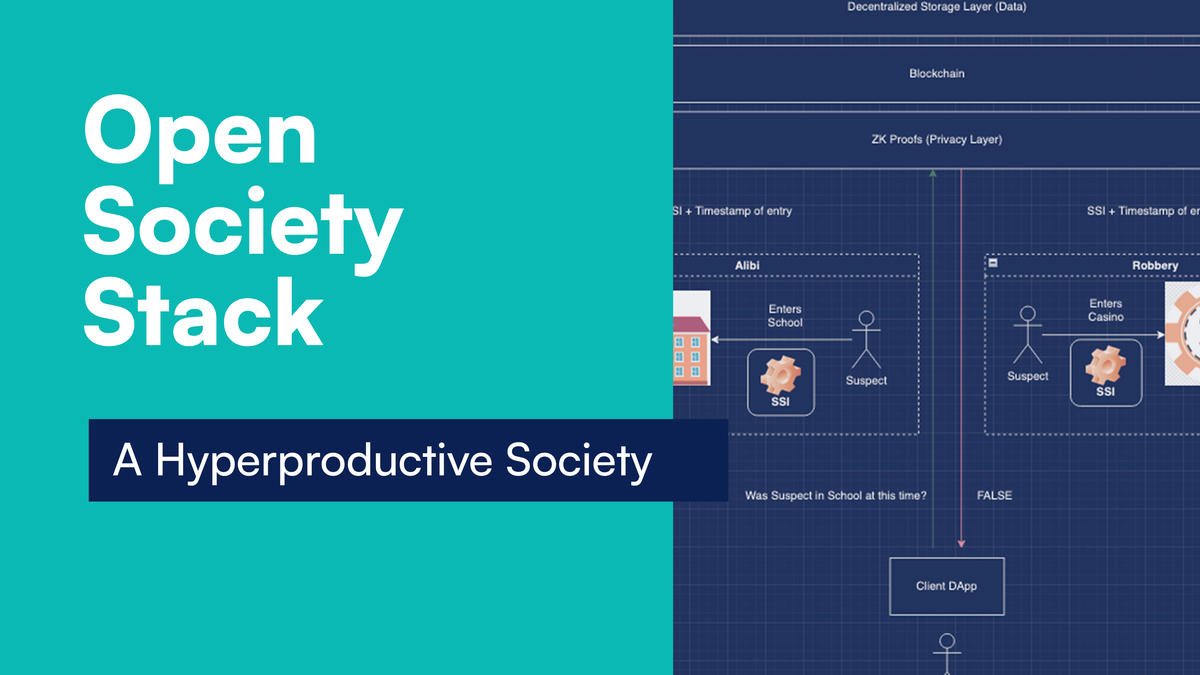
I was watching 9-1-1 with my partner on Disney+, and this particular episode had two characters from the main cast investigating a casino robbery that happened in the past.
The suspect they were watching gave an alibi.
She said,
I was at school that time, teaching.
A lightbulb 💡 lit above my head because I thought about how blockchain, decentralized storage, self-sovereign identities, and ZK proofs can make crime-solving an easier task in the future.
How...?
By tracking entrance and exit timestamps on-chain with self-sovereign identities.
Illustrated in the image below.
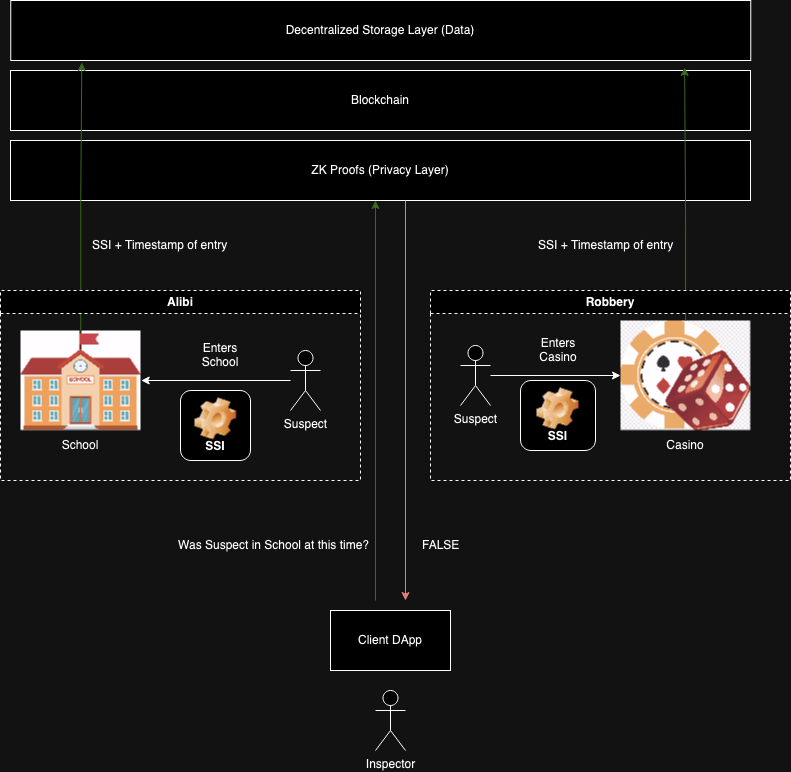
To understand how everything works let's define the following key terms:
Blockchain - An openly accessible, distributed, immutable, fault-tolerant, secure, and transparent database.
Decentralized Storage - A distributed storage of data that allows tamper-proof and persistent data.
ZK Proofs - A layer of privacy that allows the validation of queries without exposing data.
Self-Sovereign Identity (SSI) - A standardized system allowing people full ownership of their data and identity. This is also provably unique and can only be obtained with the owner's consent.
Client DApp - An application allowing users to query data without revealing actual personal information.
How it works
Imagine a world where entrance and exit timestamps are persisted on-chain by default, protected with a layer of privacy, and signed with self-sovereign identities.
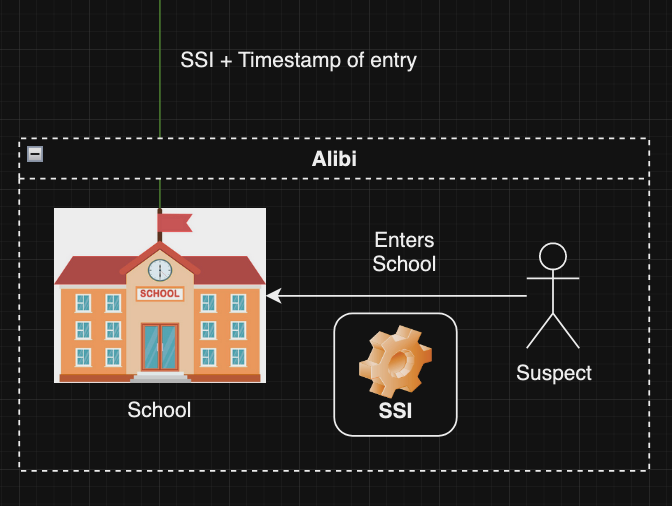
This means we will be able to track someone's previous locations without any doubt.
Why does this matter?
In the 9-1-1 scenario, the suspect claims a certain alibi.
That she was at school at a certain time.
For brevity, let's say this happened at 7 PM.
With the Client DApp, the inspector can easily query this technology stack and determine if her alibi is true.
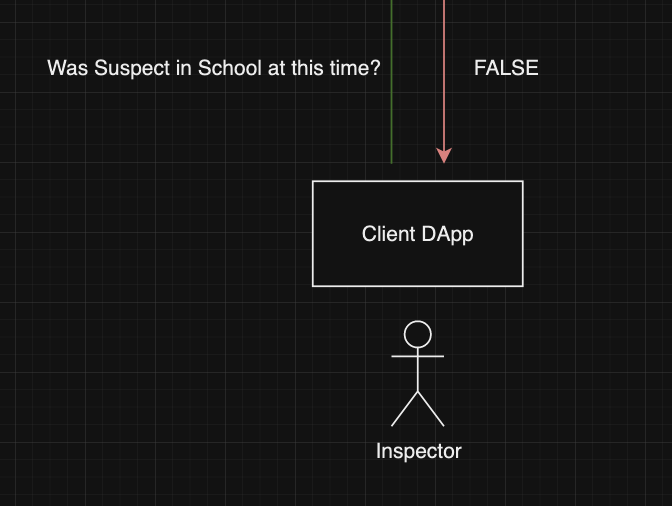
In only a matter of seconds to minutes.
No need to manually go to the institutions themselves and check if the suspect's alibi is sound.
They can accomplish what used to be days of investigation to mere minutes.
Imagine this in the context of everything we do.
If we were to make open data a standard of the future, wouldn't we become a hyperproductive society?
Conclusion
By creating an open society stack where self-sovereign identities and data are the standards and privacy is still protected with cryptographic proofs, I envision a hyperproductive society.
With that much speed, maybe exploring the edge of the universe ain't so impossible after all?


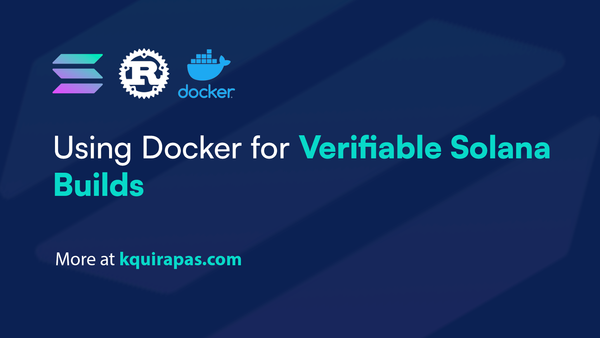
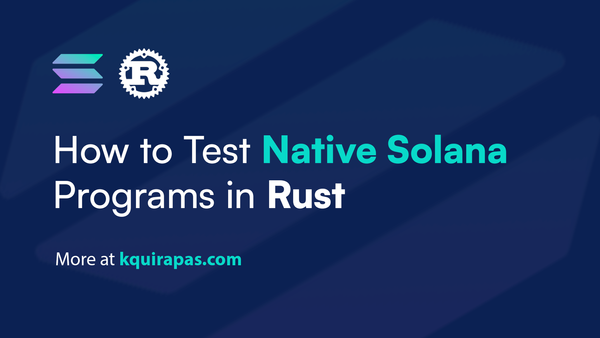
![[SHORTS] Speed of Iteration > Brand](/content/images/size/w600/2024/05/soi.png)